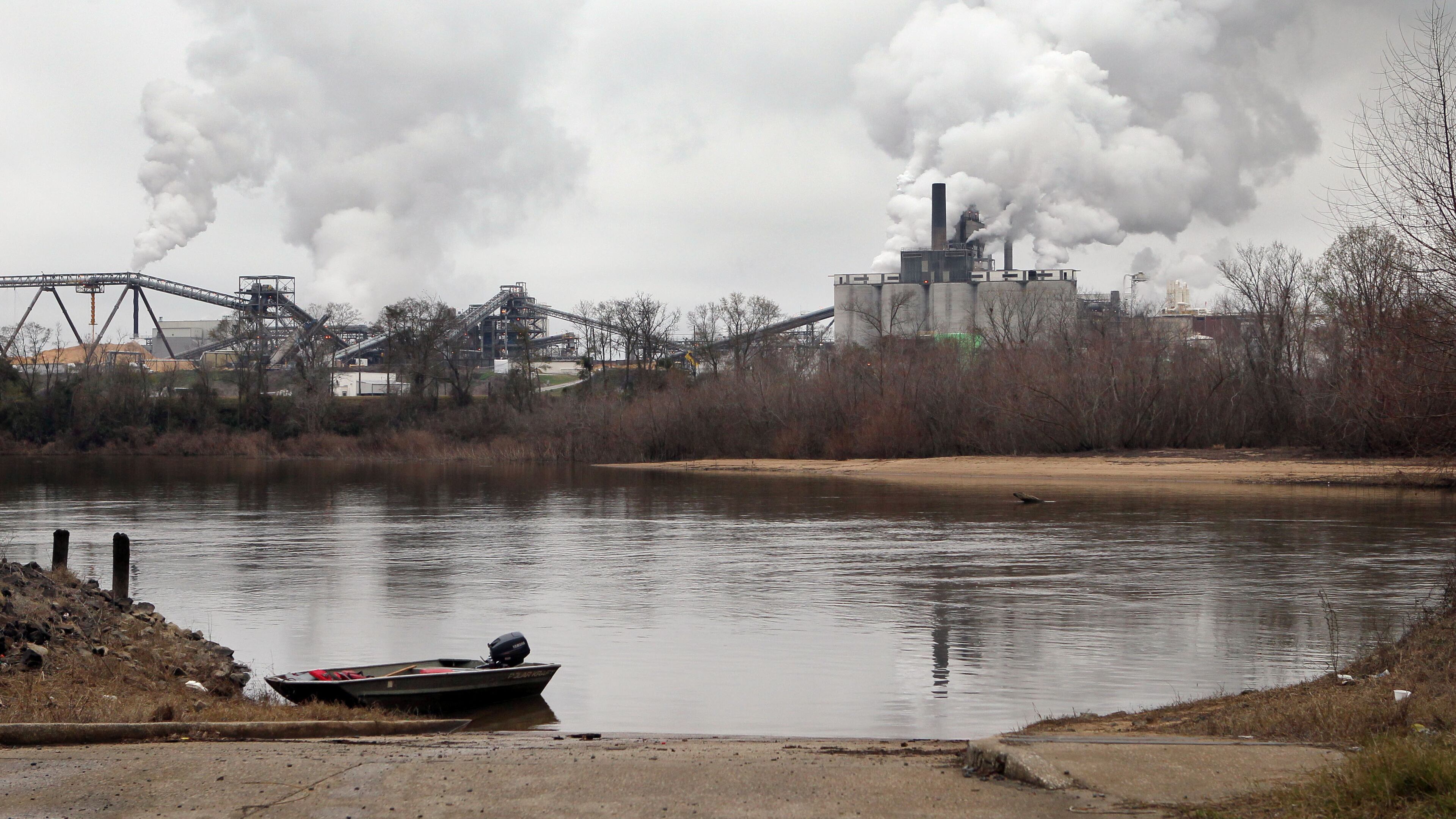Georgia judge says clean up Altamaha River

An Atlanta judge sided with environmental groups in ruling that a huge pulp mill in Southeast Georgia discharges too much pollution into the Altamaha River, known fondly as “the Little Amazon.”
Administrative law judge Kimberly Schroer last week nullified, in essence, a wastewater permit allowing the Rayonier Advanced Materials mill in Jesup to dump millions of gallons of treated wood pulp daily into the river. The state’s Environmental Protection Division issued the permit for the mill, built in 1954, last December.
Conservation groups, as well as citizens who fish, swim and kayak in the river, have long complained that the dun-colored discharge — visible for miles downstream and linked to a nasty odor — ruins fishing and recreational activities. The Altamaha is a mostly wild, black water river that flows from Middle Georgia to Darien on the Atlantic Ocean.
“It is the one of the longest free-flowing rivers on the East Coast and one of the truly great natural resources in the state,” Hutton Brown, an attorney with GreenLaw, said Tuesday. “It is also largely pristine except for the long-standing problem of the Rayonier plant which for decades has discharged up to 60 million gallons a day of wastewater into the River.”
The Altamaha Riverkeeper and the Southern Environmental Law Center joined Atlanta-based GreenLaw in challenging the permit. The judge sent the permit back to EPD to reduce the discharge limits. Meanwhile, the mill, which employs 750 people, can continue operating and discharging into the river.
EPD can either fix the permit or appeal the judge’s ruling. An EPD spokesman said Tuesday that “the next steps are to be determined.”
Russell Schweiss, a spokesman for Rayonier, noted the mill has spent millions of dollars upgrading its wastewater discharge system over the years and that the existing permit is “legally and scientifically sound and defensible.
“We believe the ruling is contrary to the facts and the law,” he added. “We’ll work with EPD on these permitting issues and how best to proceed.”
Rayonier takes wood chips and manufactures bleached wood pulp used in plastics, cigarette filters, cosmetics and other products. It is the largest such factory in the world.
“We are thrilled with the court’s ruling,” said Jen Hilburn, the Altamaha Riverkeeper. “Those communities who love this river and want to enjoy it are the real winners.”

